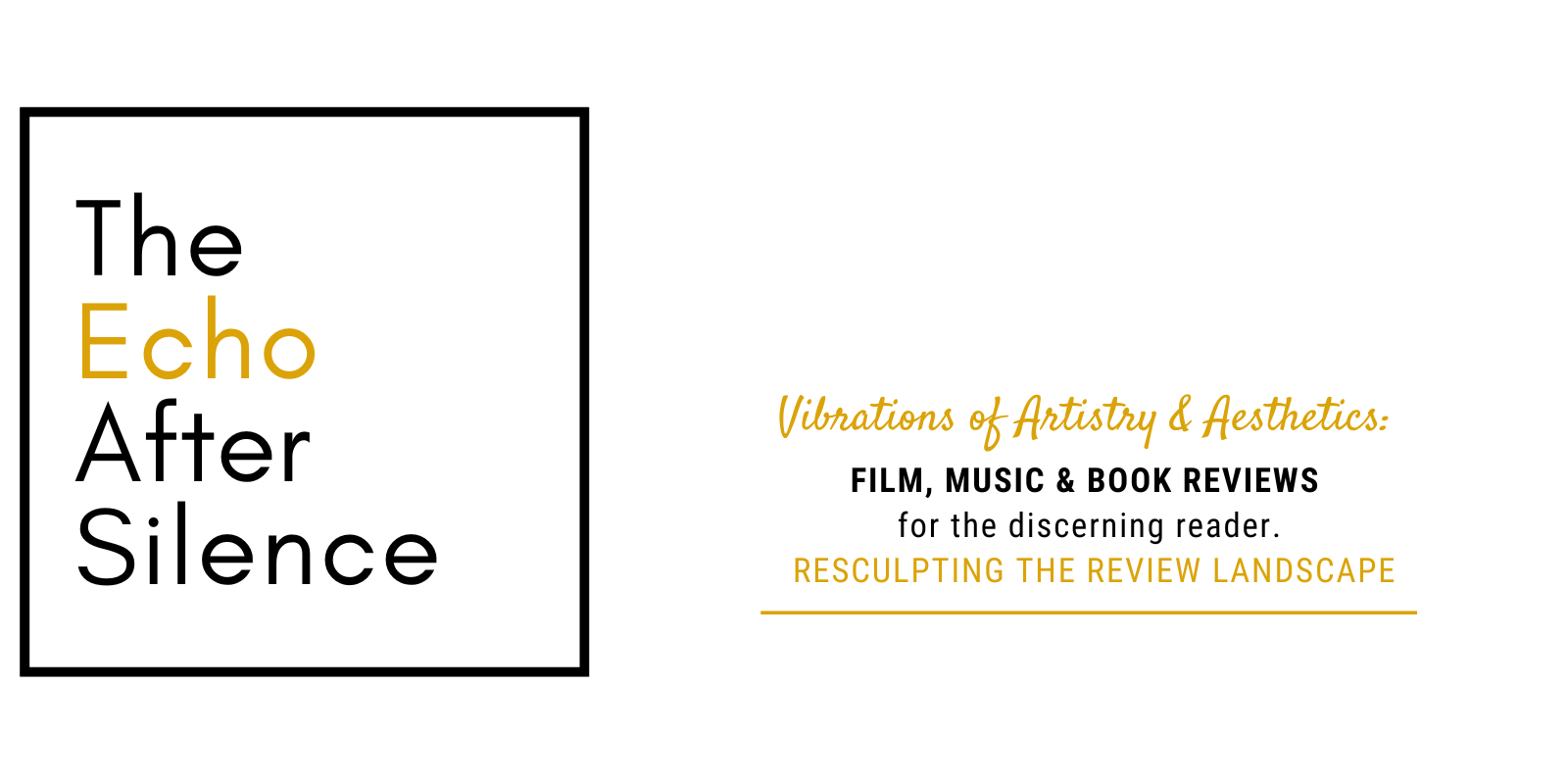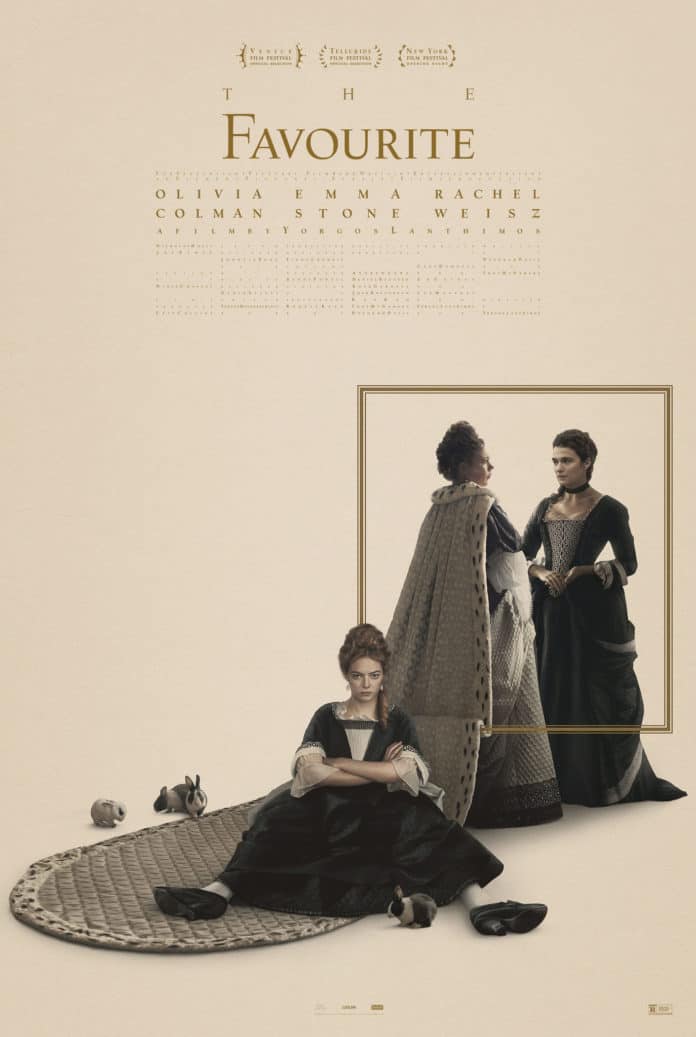Film Review. Title: The Favourite / Director: Yorgos Lanthimos / Release: 2018
We’re in 18th century Britain and Queen Anne (Olivia Colman) sits on the throne. In frail health she’s assisted (not to say guided) by her confidante Sarah Churchill. Abigail Hill, Sarah’s younger cousin, arrives at the palace and from being a member of the aristocracy she becomes a scullery maid. From the onwards, the affairs between the Queen and Sarah will become turbulent, for it seems the newly-appointed maid will be the key player in this role play of love, lust and power.
While this is a plot that revolves around royal schemes that Hollywood period dramas love, the director Yorgos Lanthimos has some tricks up his sleeve. First, he bases his plot around the love affairs of three female protagonists (yes, there are also men involved, but their role is much less flattering). Moreover, the director approaches the period drama plot from a contemporary perspective, ultimately making the film a period drama comedy in disguise. It is a difficult task, but Lanthimos’s stylised direction fits the experimental nature of the film like a glove.
To be more precise, the director, with the assistance of his scriptwriters, opts for a visual approach that has a mixture of contemporary-punk-aggressive extravaganza. This is obvious from the beginning of the film: the elaborate acting, the overstated gestures and movements, the deadpan dialogue verging on the absurd: we all know we’re in for a treat. This is the sort of intellectual tragic comedy, a work of art, where the level of detail and seriousness of execution of even the most over-the-top acts have an air of normalcy reminiscent of Kubrick. And speaking of detail, just pay attention to the meticulously designed costumes, which also include contemporary readjustments. Or listen to how Lanthimos employs Schubert’s D960 in the soundtrack, along with Messiaen’s La Nativité du Seigneur (who on earth could have included this as part of a film soundtrack?) finishing off with Elton John during the end credits. Of course, anything is allowed in this sort of comedy, especially when delivered with utter gusto, but I am left wondering how Lanthimos could reach new heights in a film where laughter and eccentricity are not among its main ingredients.
And while we are discussing technique, there has been a lot of talk about the fisheye lenses and whip pan transitions, while some viewers have questioned whether such stylisations can further add anything to period drama. Well, to be honest, I think this is just an aesthetic choice, and as an artistic decision we should respect that. Yes, it’s true that the combination of both fisheye and whip pan shots in large spaces acts counter-intuitively by providing a sense of claustrophobia, therefore one could argue they do have a cause. However, I believe that we critics tend to over-analyse things sometimes (just think of the fact that there have been filmmakers who use a battery of techniques within a film, yet it would be pointless to stop every now and then in order to question their symbolism, if any).
The truth is that in the end these are techniques that have managed to impress the critics and have paved the way to the Oscars. And as far as the acting is concerned, let us just say that Olivia Colman is indeed excellent, worthy of her Oscar nomination, while the rest of the cast follow behind.
Excellent acting aside, The Favourite justifies most of its Oscar nominations (on a personal level, I thought it was better that the overrated Roma) and my only concern has to do with the morale of the film that shows us how a woman can use any kind of unethical schemes to achieve her goals, only to be glorified in the end, while men in the film are presented as mere scoundrels. (And thank God, this time there is less violence, apart from some hunting scenes — animal cruelty is avoided but only just!)
All in all, while the technical means Lanthimos employs are on the verge of overshadowing the characters, in the end an ideal balance is reached: this is quality filmmaking, and as a dramatic comedy the film achieves its goal. This surely is Lanthimos’s most mature work to date.







